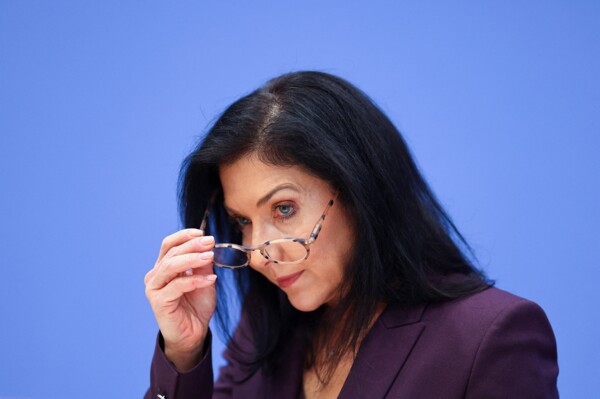
Friedrich Merz, a 69-year-old German politician, has made a remarkable return to the political scene by being elected as the candidate of the Christian Democratic Union (CDU) to contest the Chancellorship in the upcoming elections. Despite a stagnation period that led him to step away from politics for 12 years, Merz has managed to reposition himself as a prominent figure in German politics.
During his absence, Merz was seen as a politician who appeared to have little more to offer and was perceived as a renowned private consultant. However, his return has been impactful, as he managed to surpass party advisors and was eventually elected as the candidate to succeed Angela Merkel at the helm of the CDU in 2022.
Merz has been described as a politician who moved the CDU away from the centrism marked by Merkel, shifting it towards more right-wing positions, although committing to ending the influence of the far-right party Alternative for Germany. His victory in the party's internal elections has positioned him as a prominent figure who could access the most important role in German politics, that of chancellor.
With a conservative and transatlantic profile, forged in the Sauerland region, where social conservatism and Catholicism prevail, Friedrich Merz has promised to restore Germany's economic growth by advocating for deregulations, cuts in social subsidies, and privatizations. Although he has never held a government position, Merz has demonstrated his political skills by rising from being a European parliamentarian in 1989 to becoming a reference for the CDU in the Bundestag.
One of the highlights of Merz's career was his chairmanship on the supervisory board of the investment fund BlackRock from 2016 to 2020, where he earned an annual salary of one million euros. He built his personal fortune working in the private sector as a lawyer and consultant, thus consolidating his position as a prominent figure in German politics.














